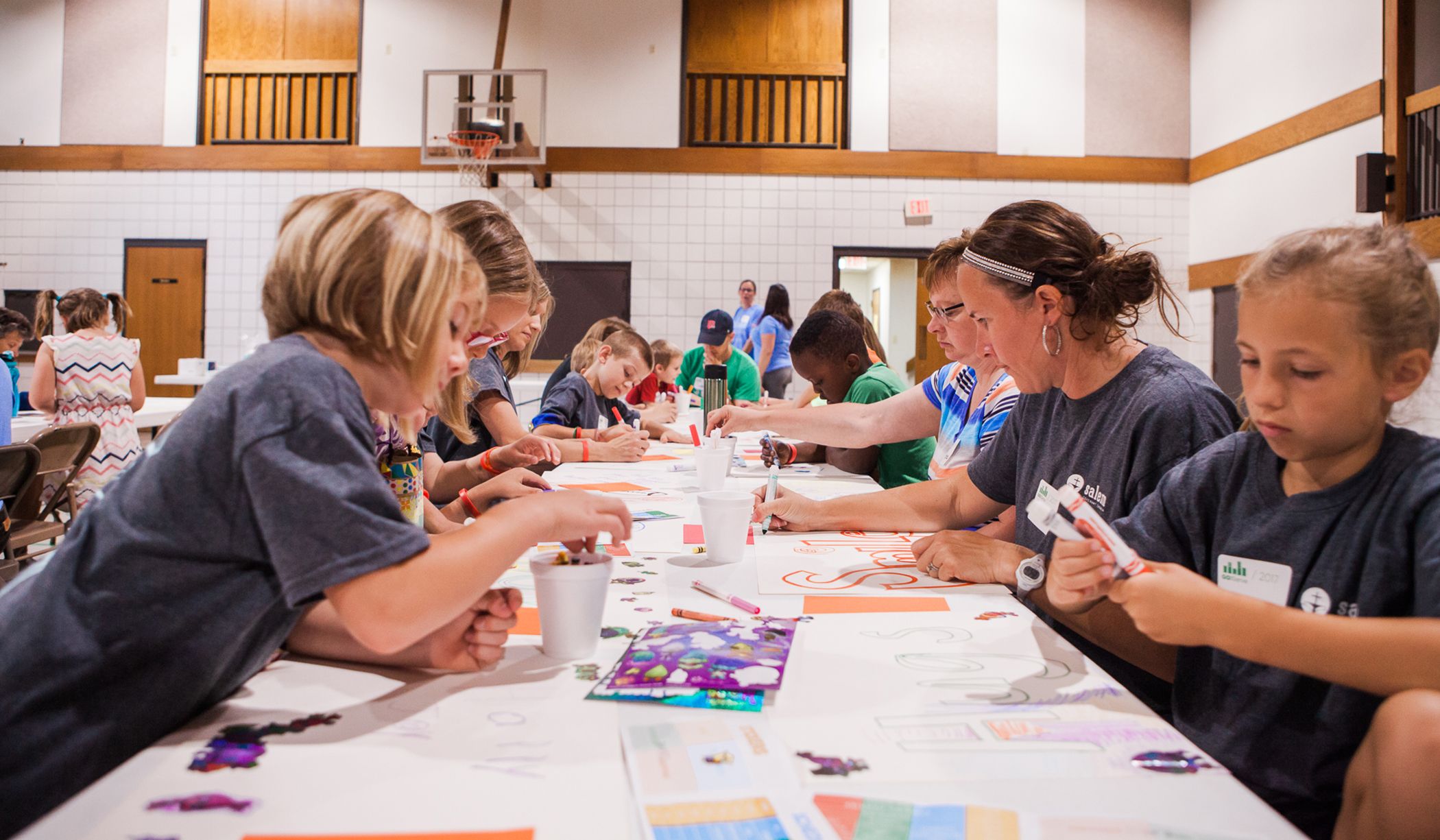GenZ: On a mission
 While many are still scratching their heads over what to do with Millennials, Generation Z (kids born between 1997-2015) have snuck up on us and now represent nearly 25 percent of the population. This unique generation invites the Church to pay attention so that effective ministry can take place.
While many are still scratching their heads over what to do with Millennials, Generation Z (kids born between 1997-2015) have snuck up on us and now represent nearly 25 percent of the population. This unique generation invites the Church to pay attention so that effective ministry can take place.
When the Millennials came of age, we made the shift from digital immigrants to digital natives. The next generation, GenZ, had a digital footprint from before they were born, thanks to parents posting their sonograms on Facebook.
Whereas generations before GenZ had most of their friendships located in their communities with maybe one or two long-distance pen pals, these digital natives were born into global citizenship. It’s a generation that can have more in common with kids their age around the globe than they do with adults in their own country.
Global citizens
Being a global citizen makes young people more aware of the scale of problems around us. Terrorism, war and climate change rank high as legitimate fears for our kids.
Thankfully, young people deeply desire to be part of the solution. According to a survey by the Brookings Institute, “Two-thirds said they crave the opportunity to make a ‘contribution to society beyond themselves and their family.’”
Setting politics aside, you can’t help but be amazed at the ability of young people to organize a national movement to advocate for reform with our nation’s gun laws after the Parkland, FL, shooting at Marjory Stoneman Douglas High School. This generation sees themselves as leaders, able to organize a national movement through social media. Having been tech-savvy since their nursery days, they are already experienced in knowing how to get a message out in a way that attracts others’ attention.
Previous generations of teenagers have advocated for change, whether here in the U.S. with the Greensboro sit-ins in the 1960s, in South Africa with the anti-apartheid movement, or via the pro-democracy protest in Tiananmen Square, Beijing. The difference is that this current generation knows how to organize more quickly and more broadly than ever before.
What can we do?
It’s urgent that the Church learn how to engage this generation that is globally connected and yearning to make a difference. Here are some ideas:
1. Give children and young people an opportunity to engage in compassion, mercy and justice-minded issues.
Show them the Church cares about things that matter to them and to the world. Teach and model biblical justice, not in a way that only caves to the pressures of society, but in a way that keeps the incarnate Christ who walked this earth at the center of all we do.
2. Invest in children and youth ministries.
We know families are busy and don’t prioritize church. So, take the Church to families. Partner with local schools and community centers, send your kids to CHIC and Go:Serve so they can hear God’s invitation to mission and can connect with other like-minded young people.
3. Engage the home.
Eighty-nine percent of young people still say parents are the greatest source of influence when it comes to values. Equip parents and grandparents, fight for healthy marriages, and advocate for robust intergenerational mentoring so that older generations can love and mentor and learn from the young ones.
Generation Z is our future. They are also our present. The Church needs to take this generation seriously. Believe in them, teach them well, and equip them to bring Christ to the world in both word and deed.